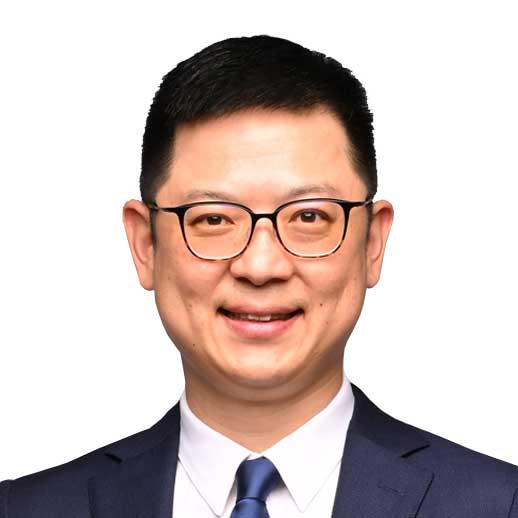The rapidly ageing population and the wide availability of wearable medical technology has resulted in ever-increasing number of patients diagnosed with atrial fibrillation. (AF) In turn, AF results in a 500% increased risk of ischaemic stroke and all guidelines recommend lifelong oral anticoagulation for stroke prevention. However, even during landmark clinical trials, more than 1.3% of AF patients per year taking the correctly dosed oral anticoagulants will develop embolic stroke. It is estimated more than 30,000 patients in Singapore are receiving anticoagulant for AF. Therefore, more than 400 patients will develop strokes despite fully compliant with anticoagulation.
In this CME session, we will discuss the importance of embolic strokes refractory to anticoagulation and contemporary management of such difficult cases.
Our Speaker

Dr. Pipin Kojodjojo
Cardiologist
Dr. Pipin Kojodjojo is a cardiologist and cardiac electrophysiologist at Asian Heart and Vascular Centre. After practicing in the United Kingdom and United States for 14 years, he joined the National University Heart Centre, Singapore (NUHCS) in 2012 in the role of Senior Consultant. During his decade-long appointment at NUHCS, he was also Director of Cardiology at Ng Teng Fong General Hospital between 2017 to 2021 and led or participated in committees that had oversight over telehealth, quality assurance, anticoagulation safety, collaborative prescribing, and outpatient services.
Dr. Kojodjojo was also appointed Assistant Professor at the Department of Medicine, Yong Loo Lin School of Medicine, National University of Singapore. He is accredited by the International Board of Heart Rhythm Examiners as a Clinical Cardiac Devices Specialist, and as a Fellow of the Heart Rhythm Society, American College of Cardiology, and European Society of Cardiology.